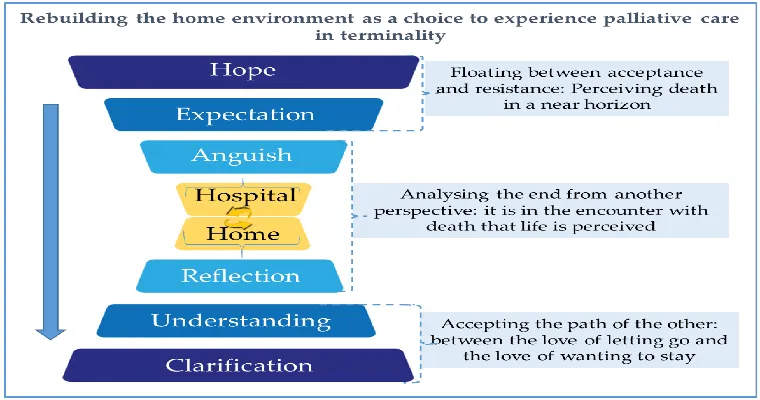When it comes to "Alzheimer's disease", "denial" is a complex emotional response that can manifest in unexpected ways. Family members and caregivers often interpret denial as a refusal to acknowledge the reality of the situation, leading to frustration and misunderstandings. However, understanding the nuances of denial in the context of "Alzheimer's" can foster empathy and improve communication among loved ones.
Denial can take many forms in individuals diagnosed with Alzheimer's. For some, it may appear as an outright rejection of their diagnosis, while for others, it can be a coping mechanism that helps them maintain a sense of normalcy in their lives. It is essential to recognize that denial is not always a conscious choice; rather, it can be a natural psychological response to an overwhelming situation. To navigate this challenging emotional landscape, caregivers and family members must approach the subject with sensitivity and compassion.
One of the critical aspects of denial in Alzheimer's patients is that it may not signify a lack of awareness. Many individuals understand their condition on some level but are reluctant to confront its implications. This reluctance can stem from fear of the future or a desire to protect their loved ones from the emotional burden of their diagnosis. As a result, family members may misinterpret their loved one’s behavior as refusing to accept reality when, in fact, they may be struggling to process it.
Another important factor to consider is the impact of communication. Caregivers should strive to create an open and supportive environment where individuals with Alzheimer's feel safe expressing their feelings. This approach can encourage honest conversations about their experiences and fears, helping to bridge the gap created by denial. Active listening and validating their emotions can foster trust and create a more meaningful dialogue.
Moreover, denial can also manifest in caregivers. The emotional toll of caring for someone with Alzheimer's can lead to avoidance behaviors, where caregivers may find it difficult to accept the progression of the disease. This denial can hinder their ability to provide the best care and support for their loved one. Recognizing and addressing their own feelings of denial is crucial for caregivers to manage their emotional health and maintain a supportive environment for the person with Alzheimer's.
In summary, denial in the context of Alzheimer's disease is a multifaceted issue that requires a deeper understanding. It is not merely a refusal to accept reality but often a complex emotional response that varies from person to person. By approaching denial with empathy and open communication, families can create a supportive atmosphere that encourages understanding and connection. Recognizing that denial isn't always what it seems can lead to more compassionate interactions and ultimately improve the quality of life for both individuals with Alzheimer's and their caregivers.





